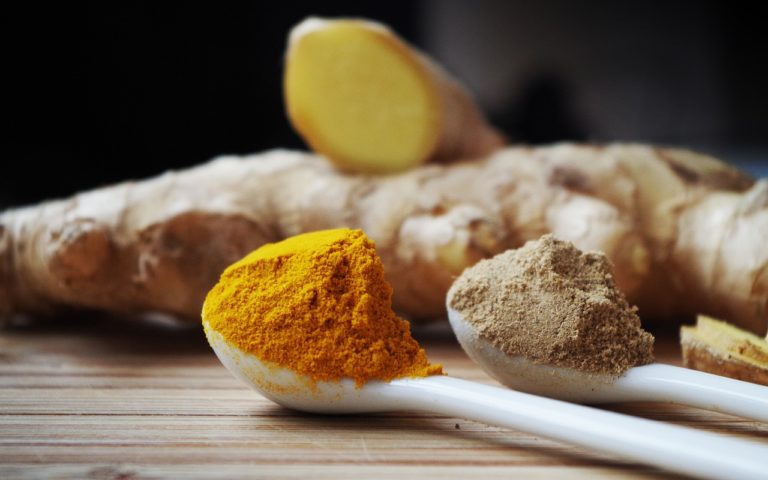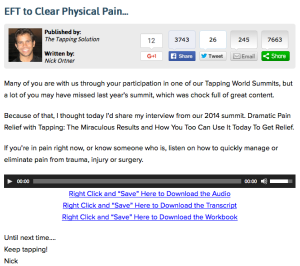How Laughter Can Improve Your Overall Health
Laughter can be infectious. When you hear the sound of laughter, you can’t help but laugh yourself. When laughter is shared among others, it causes a binding between people and increases both intimacy and happiness.
It is well known that laughter triggers healthy bodily changes and healthy changes in the mind. Laughter can increase your energy level, lessen pain, strengthen the immune system, and protect you from stress. Laughter is the best medicine because it is free, fun, and easy.
Laughter is Strong Medicine
Laughter can be a strong antidote to conflict, pain, and stress. There is nothing else that works more dependably or quicker to bring your body and mind into balance than laughter. The use of humor can lighten your burdens, connect you to others, inspire your hope, and keep you focused, alert, and grounded.
With this ability to renew your health and heal you, laughter can be a great resource for whatever problems you may have. It can also strengthen your relationships, and can support your emotional and physical health and wellbeing.
How Is Laughter Good For Your Health?
Laughter can do many things for your health. These include the following:
- Laughter can increase your immune system. It can decrease the level of stress hormones within the body and increase the number of immune cells and antibodies you have, which will help you become more resistant to disease.
- Laughter is relaxing. A wonderful laugh can relieve you of stress and physical tension so that your muscles can be relaxed for up to 45 minutes following laughing.
- Laughter releases endorphins. Endorphins are the body’s feel-good hormones. When your endogenous endorphins are released, you feel a sense of well-being and a reduction in the sensation of pain.
- Laughter can help the heart. Laughter can increase the ability of the blood vessels to nourish all parts of the body. It can increase your blood flow, which in turn can help prevent heart attacks and other types of heart diseases.
The Overall Benefits Of Laughter
Laughter is known to have many health benefits, including physical, emotional, and social benefits. Some of these include the following:
- Decreases your stress levels
- Increases your immunity
- Relaxes your muscles
- Protects your heart
- Lessens pain
- Lessens fear and anxiety
- Relieves stress
- Adds joy to your life
- Enhances your mood
- Improves your resilience
- Attracts other people to us
- Promotes the bonding among group members
- Improves teamwork
- Strengthens relationships
Laughter Can Help Your Emotional Health
Laughter simply makes a person feel good. This good feeling persists even when you are done laughing. Laughter helps you maintain an optimistic, positive outlook so you can better get through situations of loss, disappointments, and other difficult situations.
Laughter is more than just a protection against pain and sadness. It gives you the strength and courage to find other sources of hope and meaning. Even when you find yourself in the most difficult of times, laughter or even a smile can take you far when it comes to feeling better. Laugher really is a bit contagious. When you hear someone else laugh, it primes your brain and sets you up to join that person in laughing, too.
Laughter And Mental Health
Laughter is associated with better mental health. Some things laughter can do to improve your mental health include the following:
- Laughter allows you to relax. A good laugh can lessen stress and increase your energy levels so that you can remain focused and get more things accomplished.
- Laughter can lessen distress. It is hard to feel sad, anxious, or angry when you are instead laughing.
- Laughter shifts your perspective. It allows you to see things in a less threatening and more realistic light. Being humorous helps create a psychological distance between you and stressful events so that you don’t feel so overwhelmed.
Laughter Has Social Benefits
When you use humor and engage in playful communication with others, your relationships become stronger and you trigger positive emotions and an emotional connection with those you are laughing with. A positive bond develops—one that can act as a powerful buffer against disappointment, disagreements, and stress. When you laugh with others, this is a more powerful thing than when you laugh alone.
How To Create More Opportunities To Laugh
There are things you can do to increase your chances of laughing. Here are some you might try:
- Attend a comedy club
- Watch something funny on television
- Watch videos of funny animals there are tons on YouTube, or just add the search term “funny” into the YouTube search bar
- Read the comics in the newspaper
- Be with people who are funny
- Share a funny story or joke with another
- Read a funny book
- Sponsor a game night with your friends
- Play with your pet
- Play with children
- Do something you think is silly
- Engage in activities you consider fun
Laugher can do a lot to help you feel better on a physical, emotional, and cognitive level. Don’t be afraid to share a good laugh with others for all around better health.









